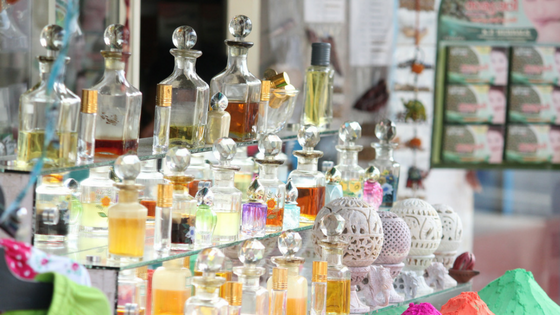Basically, once you have agreed to become a Gestational Surrogate in Alberta )or wherever you live in the world), you should treat your body like you are trying to conceive. You are planning to be pregnant soon and everything you are exposed to could be potentially harmful to the baby you will soon be carrying.
1. Avoid Household Paint.
Paint, paint thinner, and other painting products can increase the risk of miscarriage, and the baby’s risk of birth defects.
If you feel the need do some home improvement during your surrogacy journey, have yoru partner do the painting, enlist the help of a friend, or hire painters to handle the job.
2. Delay the Hair Dye.
Thankfully, most hair dyes are now vegetable based and not nearly as harmful as they once were. Ideally, you wait to make any changes to your hair color or have your roots touched up until after the tenth week of pregnancy. By the tenth week, the baby’s organs have formed, reducing some of the risks associated with the chemicals in hair dye.

3. The chemicals in perfume stink!
Not only have fragrances become faux pas in many circles due to the prevalence of allergies, it might be time to ditch your signature scent if you’re about to begin a surrogacy journey.
If you just can’t imagine life without your Chanel Number 5, avoid products with phthalates and synthetic musk. The tricky part is that the ingredients in most perfumes are a trade secret so the only way to be certain you’re not exposing your body to these chemicals is to go fragrance-free.
4. Wrinkle Creams
You’ll want to go through your make up bag and bathroom cupboards and eliminate products containing Retinoids. Retinoids may cause harm during the early embryonic stages and throughout fetal development. Baby’s exposed to Retinoids are at risk of craniofacial defects, cardiovascular defects, and central nervous system defects.
Your body will be home to a precious life for nine months. You will nourish and care for that little one. Be sure to chat with your obstetrician or midwife about any products you are concerned about being exposed to while undergoing fertility treatments, or during pregnancy.

